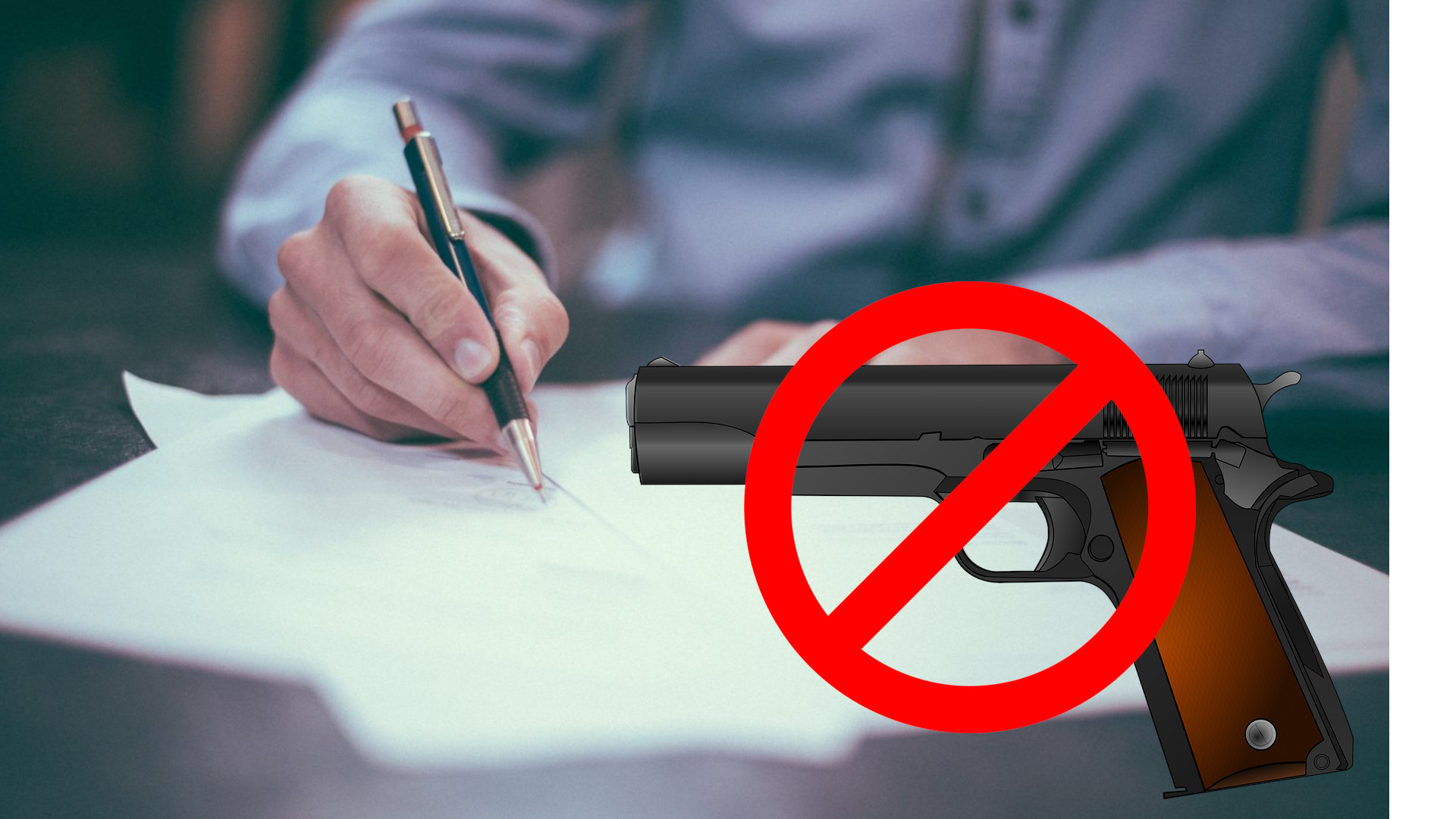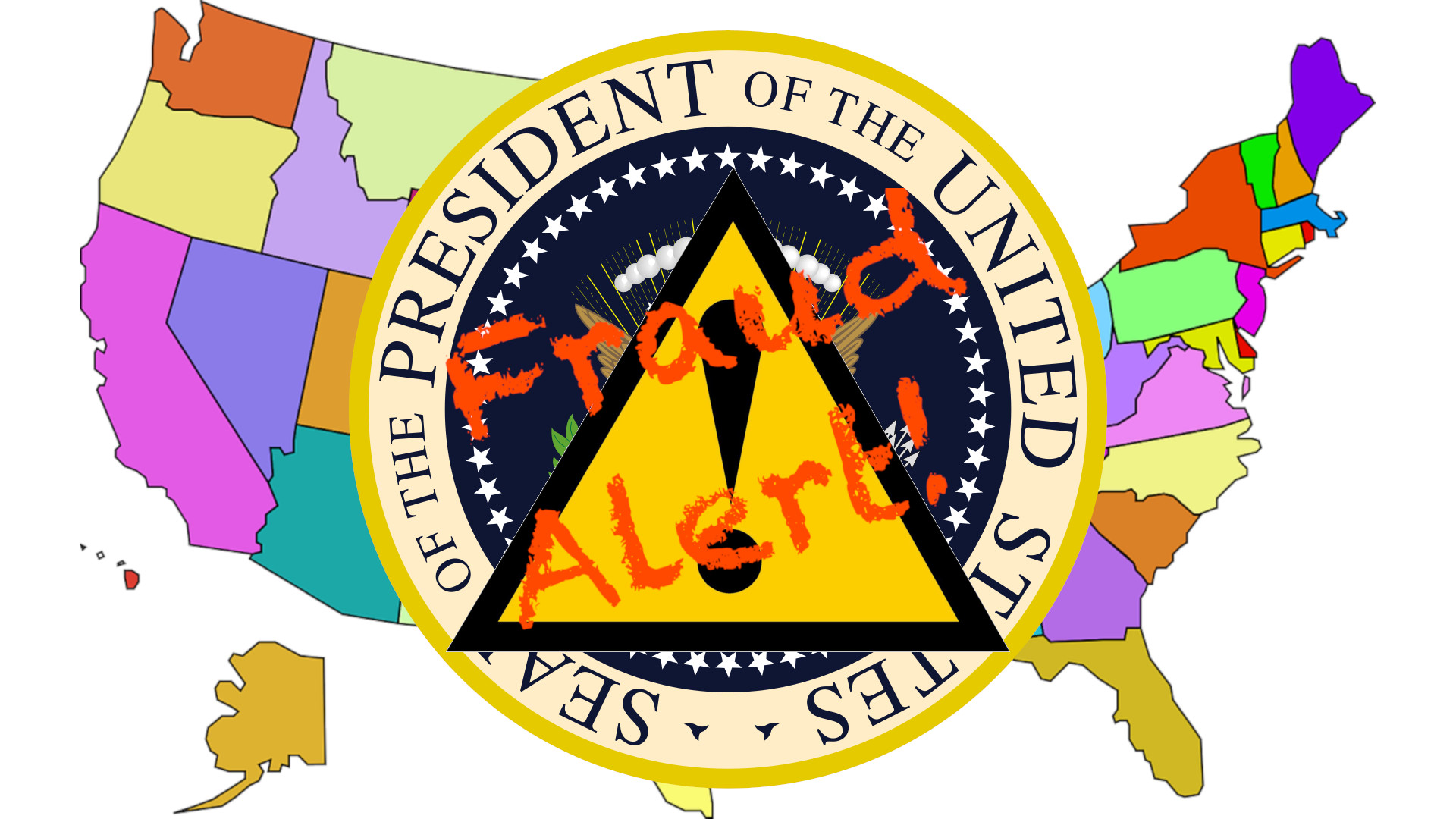Podcast

396 – Hard Cases Make Bad Precedent
There is an adage in the legal profession, “Hard cases make bad law.” Well, since cases in this country to not truly make law only precedent, you might be tempted to dismiss this saying. However, since our courts are so devoted to their precedent, we should be very careful when hard cases come to the Supreme Court. For example, one case heard by the court has a very unsavory respondent. The question is, will Mr. Zackey Rahimi’s shady past be used to infringe on the right of the rest of Americans?
Read More
395 – Social Media and Government Communications
Social media has become so much of everyday lives that we often don’t think about its use. This has led to what appears to be a large percentage of Americans developing what can at best be described as “interesting ideas” about the relationship between government and the various social media platforms. Some recent cases heard before the Supreme Court bring the question of the relationship between government actors and social media companies into question. Probably the best well known would be Missouri v. Biden, where the states of Missouri and Louisiana have brought suit claiming that members of the Biden Administration violated the First Amendment by attempting to influence what content would be deleted or deemphasized on various platforms. However, two other cases involving local officials focus on under what circumstances government actors can block access to their social media accounts. While most of the country seems to be focused on Missouri, these two cases bring up some questions the American people should really think about.
Read More
394 – Placing Politics Above Children?
Studies show that the best outcomes for children is to live in a home with their married parents. If the world were perfect, then all children would have that chance. But the world isn’t perfect, and either by accident or as the consequences of the actions of adults, children will be in need of people to step in for their parents. In our modern society, the role of finding homes for these children has been filled by the state government. What happens when those government entities place politics above the needs of their charges? A recent case in the U.S. District Court for Massachusetts deals with that very topic. Plaintiffs Michael and Catherine Burke claim that the State of Massachusetts Department of Children and Families (DCF) discriminated against them in their application to become foster parents for religious reasons. When I looked at the case what I saw wasn’t so much religious discrimination, but DCF placing political viewpoints above not only the Constitution of Massachusetts, but what is best for the children in their care.
Read More
393 – Public Recording
Do you have a right to record people in public? A recent case out of Oregon asked that very question, can states restrict who and when people can record the conversations in public. Oregon law prohibiting recording public conversation except in certain limited circumstances was challenged by Project Veritas. As is so often the case, both the legal challenges and judicial opinion make some questionable constitutional claims. This is why we’re going to look at the opinion of the Ninth Circuit Court Panel and decide for ourselves, does recording the public conversations of others violate the law or does the law violate the Constitution?
Read More
392 – Your Right to Remain Silent
You have the right to remain silent. Anything you say can and will be used against you in a court of law…
Miranda Warning
If you’ve ever been taken into custody, or simply watched a crime procedural on TV, you’re familiar with the Miranda warning, named after the 1966 Supreme Court case Miranda v. Arizona. However, if you’re getting your legal advice from television, you may find yourself in serious legal trouble. Where does this right to remain silent come from, how is it protected, and just how constitutional is the Miranda decision?
Read More
391 – Primary Control
As i write this, the United States is deep into the primary season for the 2024 Presidential Election. There is more than enough news, polls, allegations, recriminations, and influence peddling bombarding the American people, and will continue to do so, probably until the middle of next year. While most Americans have an idea of how the primary system works, it is usually superficial, incomplete, and ignores the fundamental purpose of election primaries, control of the election process.
Read More
390 – Civil Asset Forfeiture, Policing for Profit
The more things change, the more they stay the same. Several years ago I wrote an article about the Battle of Athens, TN. In the article I showed the corruption in McMinn County Sheriff’s Department, where the Sheriff and his deputies did not receive a salary, but were paid for everyone they booked, incarcerated, and released. This perverse incentive let to deputies routinely boarding buses to “fine” and jail the passengers for any alleged violations they could come up with. When subject to this corruption, many GIs returning from World War II were led to challenge the corrupt county Sheriff and other office holders. This challenge led not only to an embattled election, but an armed uprising in an attempt to restore the rule of law.
Read More
389 – Is Your State Committing Fraud in Presidential Elections?
I was having a discussion with someone online about how we elect the President and Vice President of the United States. I was doing some research to reinforce my point when I discovered something interesting, a state which had a fraudulent ballot in 2020. Thinking this was probably an individual mistake, I started looking at the sample ballots from each state in the 2020 election. I found mistakes in not just one state, or a handful of states, but in two-thirds of the state’s ballots. Which leads me to believe these may not be mistakes at all, but fraud committed by the states in regards to electing the President and Vice President of the United States.
Read More